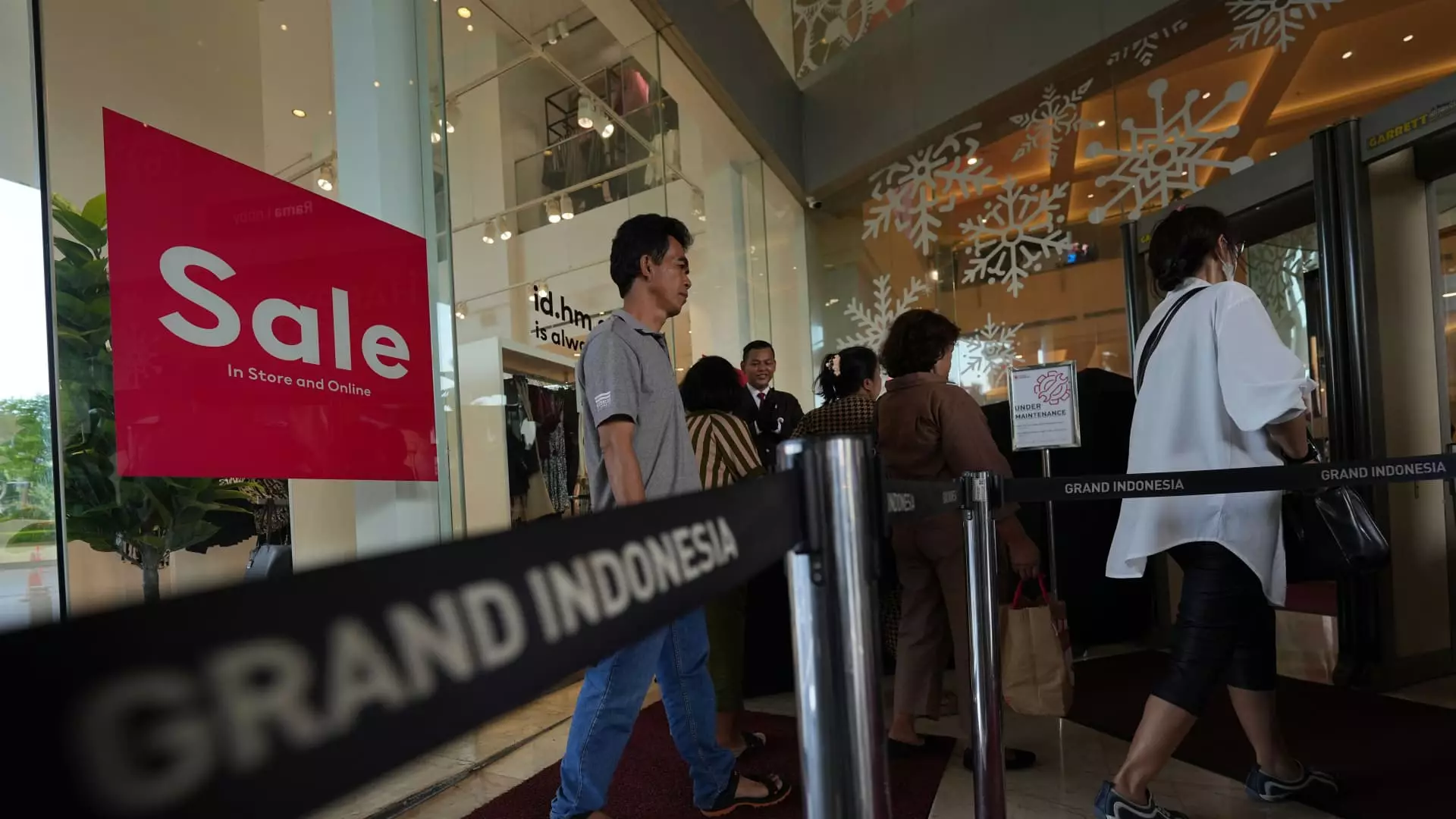Honor, the independent offshoot of Huawei, is poised to launch its smartphone sales in Indonesia by the close of March, a strategic move that highlights the intricacies of the Southeast Asian market. With Indonesia instituting regulations requiring that 40% of smartphone components be sourced domestically, Honor’s entrance into this space is particularly noteworthy. Such a requirement has put Apple on the backfoot, halting the sales of its newly launched iPhone 16 in the region. This context not only paints a picture of competitive dynamics but also underscores the significance of local supply chains in fostering market access.
To navigate the unique regulatory environment of Indonesia, Honor has established an office within the country and is collaborating with local manufacturing partners. Justin Li, Honor’s President for the South Pacific operations, mentioned that among the initial offerings will be a folding smartphone, marking an innovative entry into a market that has until now seen limited availability of such devices. The company is setting ambitious targets, with plans to introduce around 10 medium to high-end products by year’s end, ultimately aiming for a catalog of approximately 30 devices that range from smartphones to tablets.
This approach showcases a keen understanding of local preferences and the competitive landscape where brands like Oppo, Xiaomi, and Transsion currently dominate the market. The necessity for localized products might well serve not just compliance needs but also align with consumer expectations for devices that reflect regional tastes.
Indonesia, with its rapidly expanding economy and a burgeoning middle class, illustrates immense potential for growth in the tech sector. As the world’s fourth most populous nation, its market dynamics are alluring for smartphone manufacturers. Analyst Chiew Le Xuan pointed out that while a substantial portion of the smartphone market caters to budget-friendly options priced below $200, there lies a significant opportunity for medium and high-end devices—especially given the impressive growth trajectory of the Indonesian economy.
The fact that Indonesia constitutes a striking 35% of smartphone shipments in Southeast Asia indicates its critical role as a hub for technology firms. This was further emphasized by the high stakes of local competition, particularly as the likes of Oppo, which recently launched its flagship Find X8 in Indonesia, continue to reinforce their presence.
The competitive landscape is challenging, especially considering that Oppo, Xiaomi, and Transsion occupy the top three slots in terms of market share. Samsung is maintaining a position, albeit tightly contested, with similar pricing dynamics that affect Honor’s positioning. The challenge extends beyond familiarity with local regulations; it involves differentiating Honor’s products in a saturated market dominated by competition that has already established loyal consumer bases.
Li’s assertion that Honor’s decision to venture into Indonesia is not merely a reaction to Apple’s struggles is critical. The company has been observing the Indonesian market for years, which suggests a careful, strategic approach to market entry rather than a hasty response to immediate events. This long-term vision could potentially lead to sustainable growth and a deeper understanding of consumer needs as Honor gains traction.
In its commitment to the Indonesian market, Honor plans to open at least ten branded stores this year and partner with local retailers, signaling a robust entry strategy grounded in accessibility. As Honor continues to build its presence, it remains essential to bolster its local workforce, a commitment noted by Li. The intention to hire predominantly local staff not only aligns with local regulations but also enriches the brand’s cultural integration in an increasingly competitive market.
Ultimately, Honor’s initiative to launch in Indonesia represents more than just a business expansion; it illustrates a nuanced understanding of geopolitical conditions, local market needs, and long-term consumer engagement strategies. As Honor aims to carve out its identity distinct from its parent company, the adaptive strategies it employs in Indonesia may very well serve as a blueprint for future expansions across other markets in Southeast Asia.

